

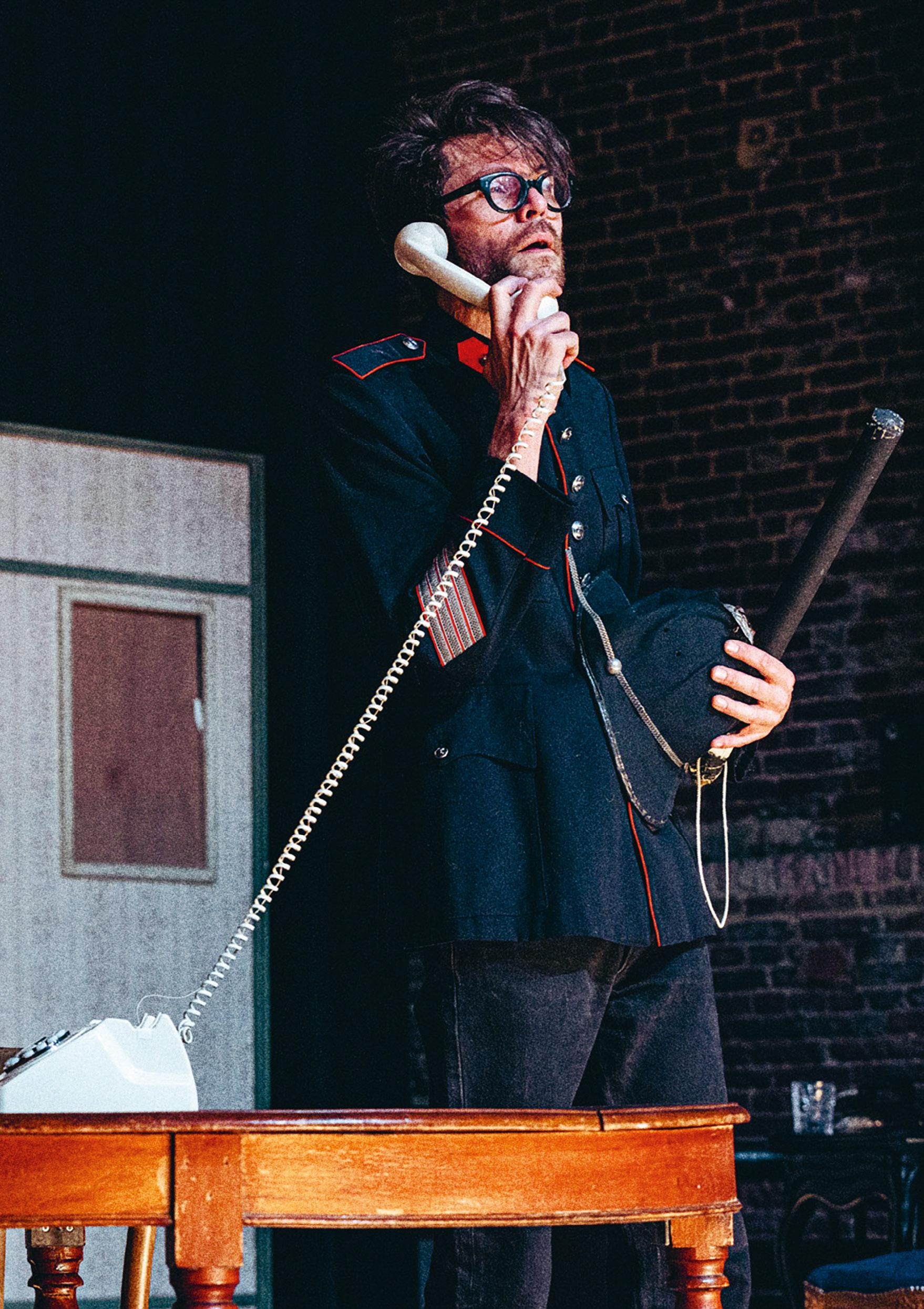
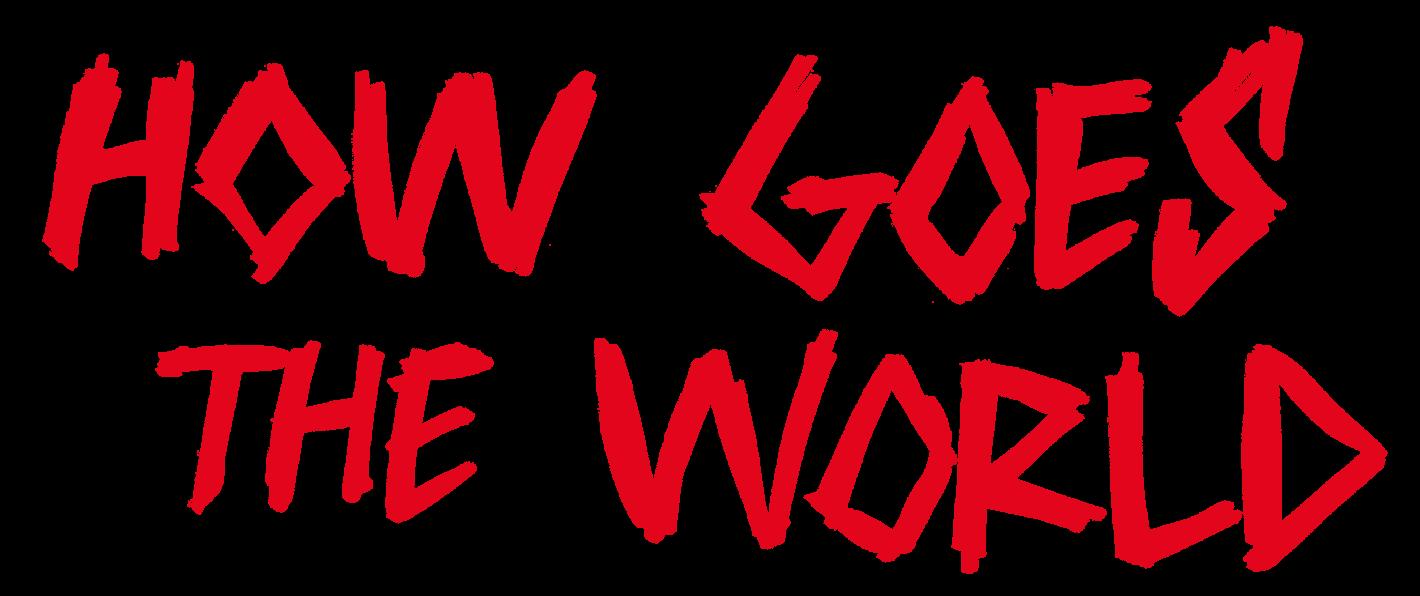


After Milo Rau, Faustin Linyekula, Angélica Liddell and Miet Warlop, it is Tim Etchells’ turn to reflect on his personal take on theatre in the fifth episode of the series Histoire(s) du Théâtre. Brimming with genuine curiosity, the artist, author and founder of Forced Entertainment has been giving a grand stage to the poetry of small gestures for four decades. This evening sees four performers undergo an absurd orgy of entrances and exits, a luscious confusion of roles, costumes and scene changes. The actors appear remote controlled as they react to sounds played by a ghostlike director: The doorbell rings, so the door needs to be opened. The piano sounds, so somebody needs to play it. Tiny changes give rise to new worlds, turn laughter to tears, hopes to despair. How Goes the World is the aesthetic manifesto of one of the great stage artists of our time: the theatre gains its power from the relentless desire to change a situation – to break free of the machinery that is driving us to exhaustion.





9 / 10 / 11 / 12 June, 8.30 pm
Halle G im MuseumsQuartier
English and Dutch
German and English surtitles
1 hr 45 min
Eberhard Spreng – Deutschlandfunk Kultur
Please note
Age recommended 14 + Q&A
10 June, following the performance
With Aurélie Alessandroni, Neil Callaghan, Aurélie Lannoy, John Rowley Text, Concept, Direction Tim Etchells Dramaturgy Matthias Lilienthal Music composition, Sound design Graeme Miller Light design
Dennis Diels Set design Tim Etchells, Chris Vanneste Costume design Jo De Visscher Dramaturgical advice
Benoît Vanraes Translation surtitles Astrid Sommer (German)
Production NTGent Coproduction Wiener Festwochen | Freie Republik Wien, Tandem Scène Nationale (Arras-Douai)
executed by the team of the Wiener Festwochen | Freie Republik Wien
Premiere November 2023, NTGent
IN CONVERSATION WITH TIM ETCHELLS
What if the stage was haunted by all of the things that have happened on it?
How Goes the World is the fifth part of the series Histoire(s) du Théâtre, in which established artists reflect on theatre as an art form. Am I right to say that’s exactly what you have been doing for the past 40 years?
Tim Etchells For sure, theatre itself has always been a topic for me. I’ve concerned myself with the questions: What is it? How does it work? And why is it so magical and cruel at the same time?
The work I’ve made in the past decades has somehow always reflected on what it means to stand in front of people on a stage, present as a real person but also doing things that are fictional. Let’s be honest, it’s a very strange profession! For me though, digging into the theatre, also involves a reflection on who we are as people and the world we live in. Theatre might be about the mechanics of pretending and play acting – and therefore about itself – but at the same time, it’s unavoidably about life as well. As human beings we are performing to ourselves, to other people, even the space that we live in is already a performance. When you make something about theatre – about what’s real or not – you automatically talk about the world.
How Goes the World is a performance driven by a range of sound cues to which the performers are constantly reacting, often seemingly without knowing why. Something that’s both very comical and unsettling at the same time. How did you come up with this idea?
I am fascinated by the idea of a collective memory build up in audience members, actors and venues over many years. What if the stage was haunted by all of the things that have happened on it? What if the stage was haunted by the sound cues, or by the music, that’s been played on it?
How Goes the World is made up of fragments of remembered, or rather almost forgotten, performances. It’s a recycling bin in which many things have ended up in, and we’re swirling it around. The people in the piece, rather figures than characters, inhabit this world where the sound is constantly arriving and telling them to do something. Pick up the phone, play the piano, answer the door … there’s a sense that they become puppets to the machinery of the sound.
What’s the meaning behind this choice? What is the play trying to tell us?
For me, theatre is a machine. It needs to produce events, tension, something that is happening or going to happen … the way we use the sounds refers to the relentless desire of theatre to create urgency. To change the situation. There’s something rather cruel about theatre. In this performance, the actors become puppets to the sound score, and as a public we know we won’t be happy until they are exhausted and almost can’t carry on. At the same time, this kind of machinery reflects how we live our lives. Life as well as theatre has
its pressures – it is structured by cues, demands and interventions in the space we inhabit. So although How Goes the World is about theatre, it’s also about the great machinery of capitalism that is constantly prodding and stimulating us to be passionately doing this, that or the other.
An article in the French magazine Les Inrockuptibles described you last summer as “possibly the funniest guy in the UK”. Humour and absurdity have always been a big part of your work. How much humour is there in How Goes The World and what purpose does it serve?
My work can be ridiculous or even stupid at times, but proudly so. If you can be funny and suck people into the performance, you get an opportunity to confuse them. Suddenly you turn a corner and what was funny becomes tragic or disturbing … I’m obsessed with that uneasy flickering between being funny, and then seconds later making the work awkward, painful or upsetting. It’s a shift that makes you question yourself as a viewer: Hey, how am I responding to this, and why?
The humour is never an end in itself, it’s part of a complicated game we are playing with the audience. What we want to do with this piece, as with other projects of mine, is make something where the material can be frothy or light, almost nothing at times. And meanwhile the play can be very complex, emotionally and philosophically entangled. That’s the ambition anyway!
Probably this is also the reason why many of your projects have a minimalist scenography?
Starting from small things or not so fancy materials, is saying: ‘we are on the same level as you, dear audience’. Nothing fancy, it’s just what it is. That way, you bring people on and can take them on a journey more easily. It’s a classic manoeuvre, isn’t it, where you say: ‘look, this isn’t very much’, ‘this is nothing really’, and then you try to work it in a magical way into something the audience couldn’t have expected from the initial proposition.
In the piece, there’s a role for what you might call background figures: archetypical characters like doctors, mailmen, firefighters … why did you decide to put them in the spotlights?
Drama can be about the protagonists and central narrative figures, but it’s interesting to look across the stage at the background figures – the ones in excess of what’s necessary. What is it to be there on stage dressed as a butler in a scene with nothing much to do … or as an ‘extra’ in a crowd scene? It’s funny but there’s a pathos about it too. It’s a tension I love.
One of the big dynamics in How Goes the World is that we create scenes in which all the performers are extremely busy, but then the machinery stops. All of a sudden the performers are just there, and you can look at them from the top of their head to the tips of their toes. As fellow
human beings. Theatre can do this extremely powerfully: bringing us together in a shared space, in which we can hear and see each other breath. There’s a huge strength, a shared vulnerability and fragility when the machine stops.
Besides a theatre maker, you are also a writer and a visual artist. Do you sometimes feel stretched in combining these very different art forms?
I have been creating visual art pieces with neon and led lights since about 2008, I make installations and works that either go in galleries, or in public space, on the outside of buildings for example. These days, I tend to think that everything I do, is fully connected. It’s all part of the same practice. A neon piece of mine might only consist of eight words, but even then you are thinking about the possible interactions it can have with people visiting the gallery or crossing it in the street. The task, also in theatre, is always manipulating material in order to form relations, ask questions or open spaces.
As a kid, you felt theatre was both compelling and horrifying. How do you feel about it after almost 40 years of theatre making?
I have exactly this relationship of loving and hating theatre. Being very compelled and
amazed by it’s possibilities but also finding it tyrannous and weird. Fascination really. Still, after 40 years.
Has it gotten any easier to make after four decades?
In many ways, it’s gotten harder. But there’s something about throwing yourself into the materials and letting them circulate in your brain that I just love. I was up at 4am this morning, wide awake, madly having ideas of how to push How Goes the World further. It’s a rush that doesn’t stop until you’ve opened the show.
Tim Etchells is a British artist and writer whose work shifts between performance, visual art and fiction. He won international fame as the leader of the Sheffield-based performance group Forced Entertainment. Moreover, his work outside this context has been exhibited numerous times by prestigious institutions worldwide and comprises collaborations with distinguished artists from a variety of disciplines, including Meg Stuart/Damaged Goods, Marino Formenti, Taus Mahakacheva, Vlatka Horvat and Elmgreen & Dragset. In 2016, the Forced Entertainment ensemble was awarded the International Ibsen Award for its groundbreaking contribution to contemporary theatre and performance. A collection of short fiction by Tim Etchells, Endland, was published in 2019. Forced Entertainment and Tim Etchells have performed several times at Wiener Festwochen, most recently in 2013 in the context of the festival parcours Unruhe der Form and in 2021, together with violinist Aisha Orazbayeva, with the production Heartbraking Final How Goes the World is part of the series Histoire(s) du Théâtre at the NTGent and premiered in November 2023. Besides, Tim Etchells play L’Addition was premiered at last year’s edition of the Festival d’Avignon and will be restaged under the tile Die Rechnung as Etchells’ German version for the Wiener Festwochen (in cooperation with Volkstheater in den Bezirken).
PUBLICATION DETAILS Owner, Editor and Publisher Wiener Festwochen GesmbH, Lehárgasse 11/1/6, 1060 Wien P + 43 1 589 22 0, festwochen@festwochen.at | www.festwochen.at General Management Milo Rau, Artemis Vakianis Artistic Direction (responsible for content) Milo Rau (Artistic Director) Text credits The interview was conducted by Jonas Mayeur and provided by NTGent in 2023. Picture credit Cover © Michiel Devijver Produced by Print Alliance HAV Produktions GmbH (Bad Vöslau)
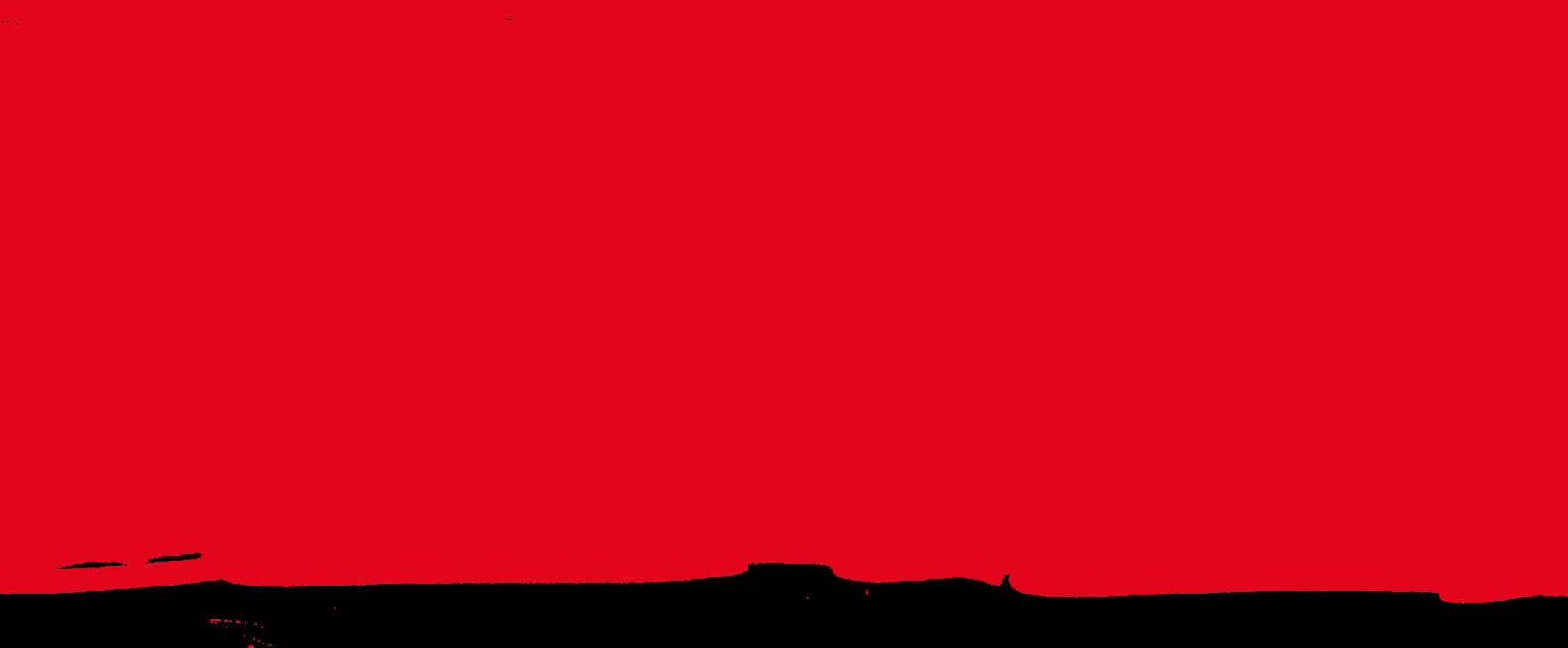
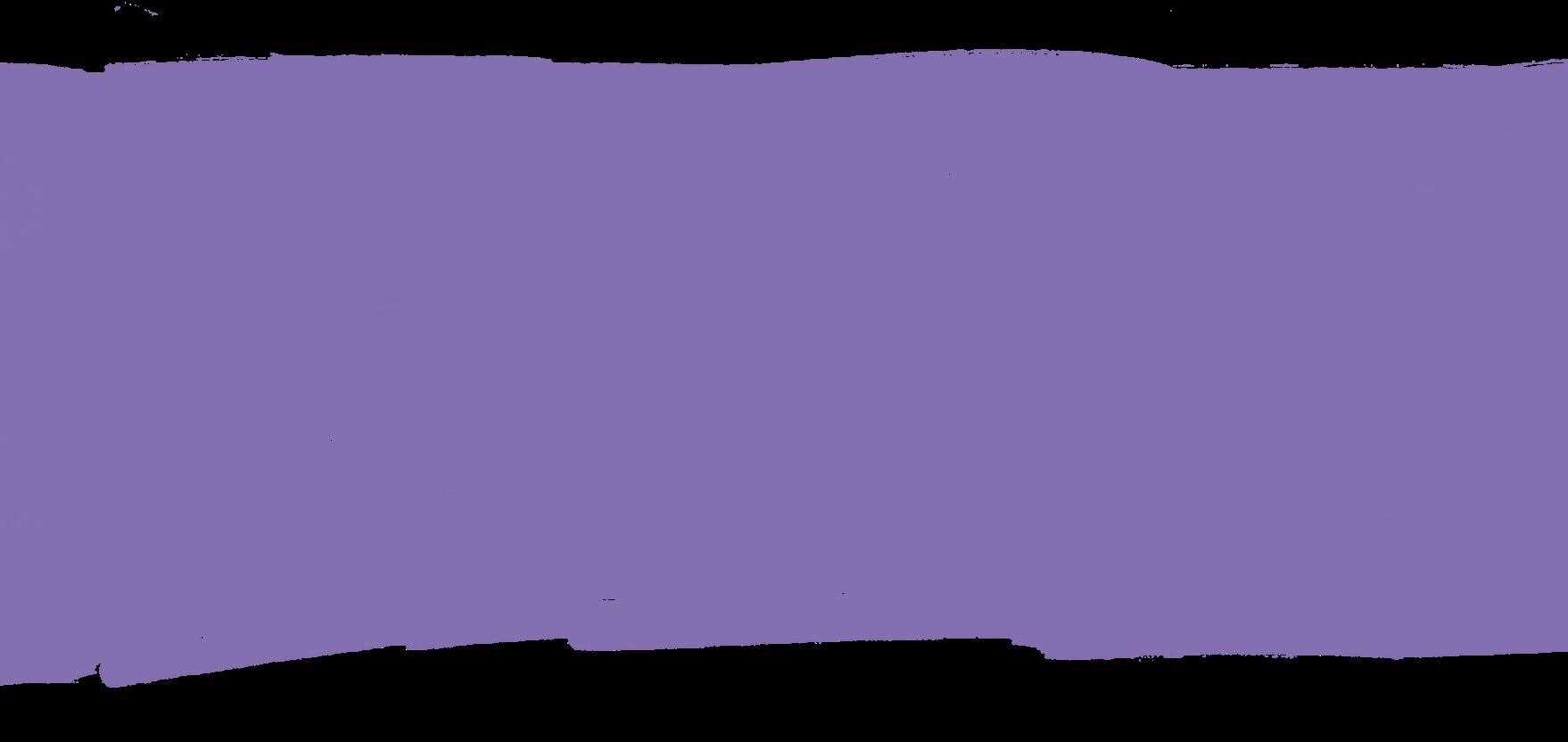
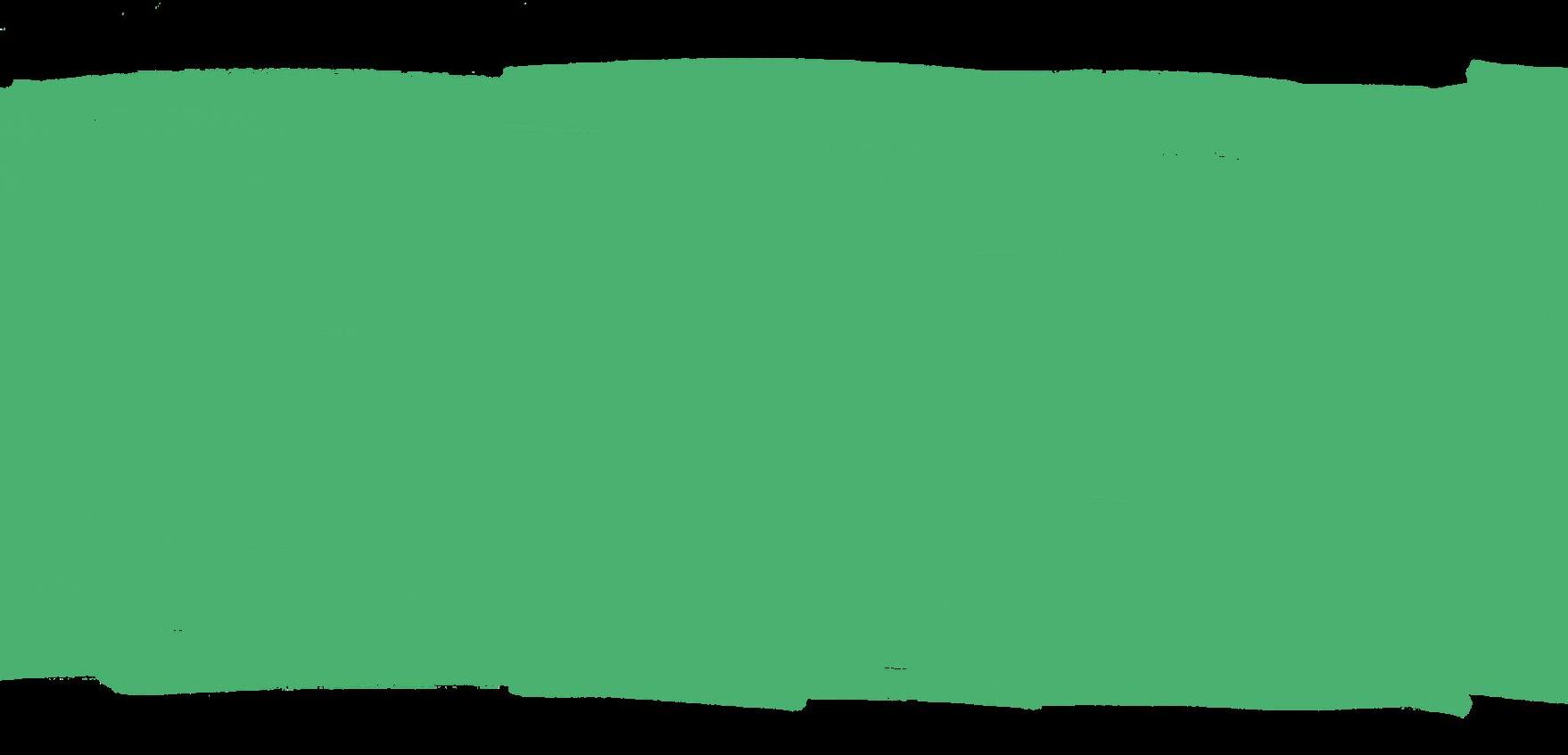

Main sponsors Public funding body Partner hotel Media partner










